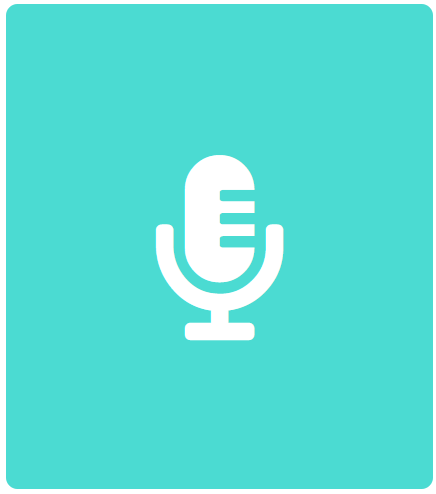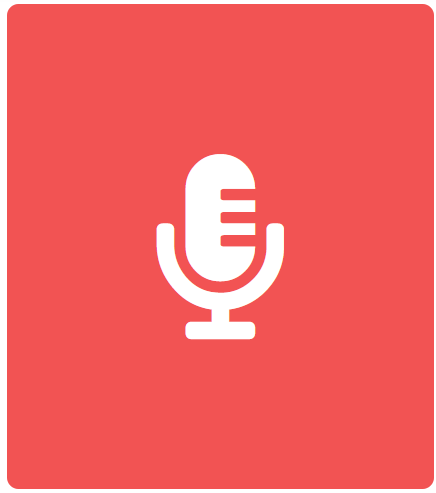Promoting Neurodiversity in YA Fantasy with J. M. Hackman
How was it that you became aware of the concept of neurodiversity?
When my youngest daughter was eight, she was diagnosed with ADHD, as well as a collection of what is called co-morbid symptoms (i.e., anxiety, depression, etc. ADHD rarely exists alone.) During that time, we also realized my husband had it.
Having two family members with this made me want to learn more about it. That’s when I learned ADHD is only the tip of the neurodiverse “iceberg.” Neurodiversity also includes autism, dyslexia, Tourette’s, and other learning disabilities.
Was there anything specific that inspired you to begin incorporating this form of diversity into your writing?
My daughter’s ADHD is inattentive, which means she doesn’t usually exhibit the hyperactive tendencies so often associated with the term. Many people are unaware of the different types of ADHD and neurotypical characters aren’t common in fiction. I wanted her to find herself in the pages of a story, to be able to connect with a character that struggled like she did.
How important would you say that it is for authors to make an effort to promote neurodiversity in their works?
I think it’s important, especially when it’s done well. It’s not seen much in YA fiction, especially YA fantasy, although more children are being diagnosed every year. Percy Jackson is described as being ADHD and dyslexic, but then it’s explained away. “Oh, you’re hyperactive/energetic
because you’re a demigod. And your dyslexia is really an ability to read Greek.” Huh?
There’s a big push for diversity in YA fiction. I’d like to see more neurodiversity too. But make it real. If a topic is important to the author, they should write about it—whatever it is.
In what ways do you try to integrate neurodiversity in your work?
The main character in the Firebrand Chronicles is Brenna James. Her arc spans the three books (Spark, Flare, and Burn), so there’s some talk in each one about the ADHD symptoms she deals with (hyperfocus, impulsivity, time management issues, etc.) But I don’t want to become known as the “Neurodiversity Writer.” So I shifted a bit and in my current WIP, two of the characters deal with anxiety and panic attacks. Not neurodiverse by themselves, but sometimes symptoms of certain disabilities.
What has been the most challenging aspect of promoting neurodiversity in your writing?
Sometimes readers think they have to have ADHD to appreciate the main character. I don’t think that’s completely true—after all, I have time management issues and I don’t have ADHD!
Also, some individuals don’t think ADHD exists—they blame bad parenting, lack of discipline, too much screen time, or just “bad kids.” I can’t change their opinions, although sometimes education is helpful. So I just try to write real characters that readers can connect to.
Why do you feel that it is so important to promote greater neurodiversity in literature?
Chances are you know someone who’s neurodiverse. 9.6% of children ages 6-11 are diagnosed with it every year. I’d love for these kids to have characters that are “just like me.” Understanding why someone behaves the way they do is half the battle to understanding neurodiversity.
If you could give one piece of advice to writers looking to craft a cast of more diverse characters, what would you say?
Talk to others who are neurodiverse and learn about the different types of neurodiversity. As I mentioned before, there’s more than ADHD that exists under the umbrella of neurodiversity. Learn about dyscalculia, dyslexia, Tourette’s, etc. But do your research. Those who struggle with neurodiversity will know if you haven’t.
J.M. Hackman
J. M. Hackman loves thunderstorms, bookstores, and happy endings. She’s never met a reading nook she didn’t like and prefers soul talk to small talk. When she’s not writing or reading, she spends quality time in the mountains of Pennsylvania with her greatest fans—her family. She’s written Spark, Flare, and Burn (the YA fantasy series the Firebrand Chronicles) and has had her stories published in the anthologies Realmscapes, Mythical Doorways, Tales of Ever After, and Encircled.
She spends her days writing stories, consuming massive quantities of dark chocolate, and looking for portals to other worlds. You can find her at:
authorjmhackman@gmail.com www.facebook.com/jmhackman
www.jmhackman.com
www.instagram.com/jm_hackman_author



